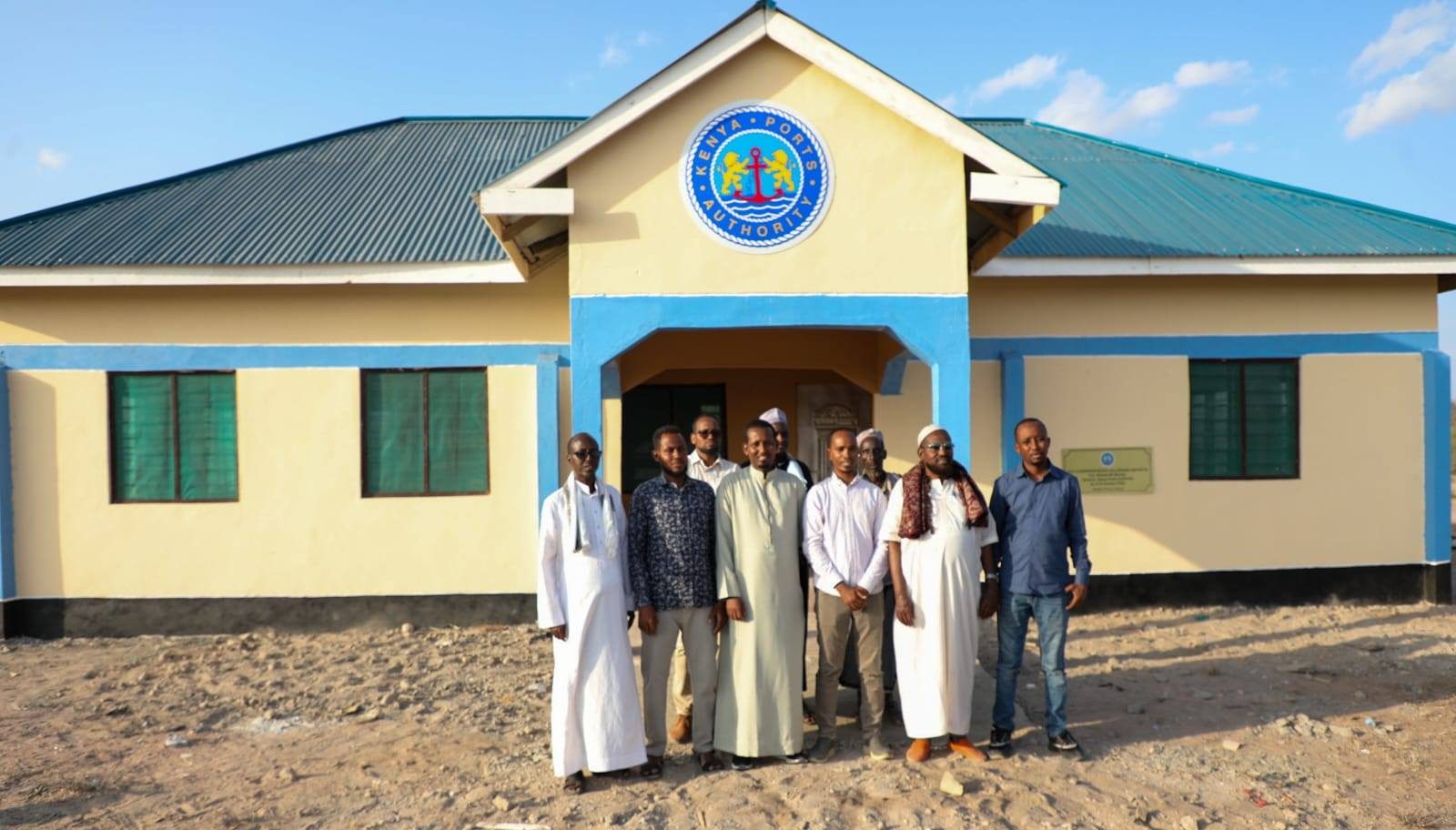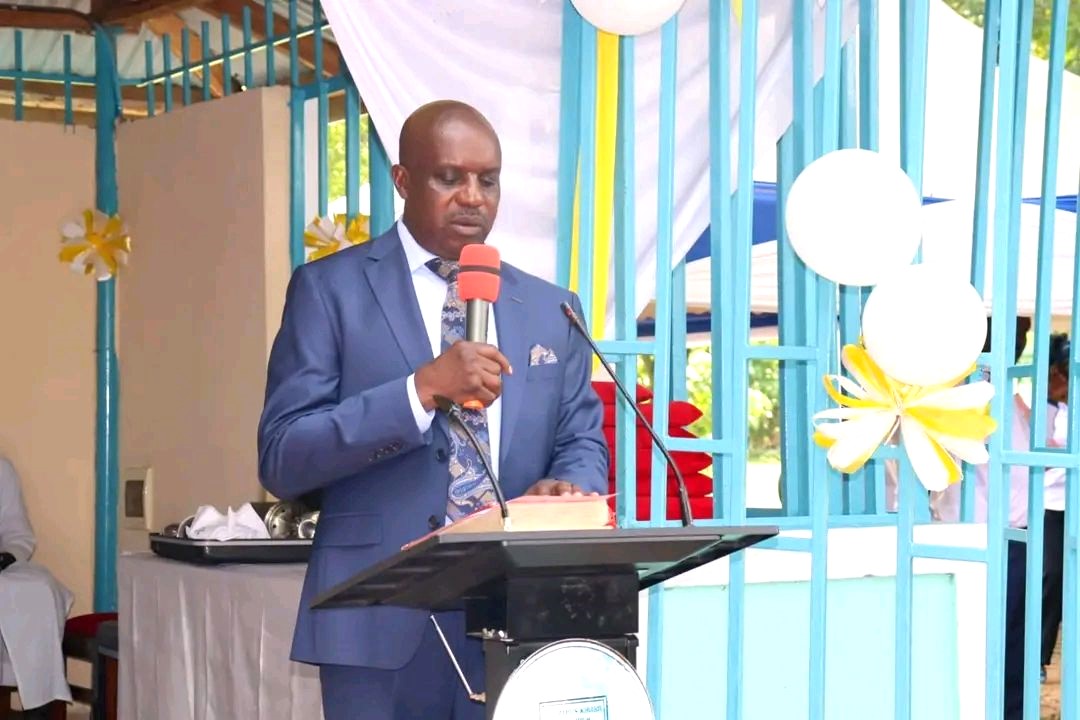Student safety is the foundation of any successful educational environment, and in Kenya, this responsibility extends far beyond physical protection. Schools must safeguard the emotional, psychological, and social well-being of learners, creating an environment in which they can thrive. Central to this mission is the careful assessment and vetting of all staff, including nurses, matrons, cooks, and other professionals, before assigning them duties that directly impact students. These assessments are not mere formalities; they are essential to ensuring that staff are qualified, experienced, and trustworthy, capable of maintaining a safe and nurturing environment.
The Kenyan education system has established several policies to reinforce student safety and staff accountability. The Teachers Service Commission (TSC) plays a pivotal role, regulating educators through its Code of Conduct and Ethics, which sets clear expectations, including prohibiting sexual relations with learners, forbidding harassment, and maintaining a drug-free environment. Complementing this, the Kenya Children’s Policy provides a comprehensive framework for child protection, safeguarding students from abuse, neglect, and exploitation, while promoting their overall development. Additionally, the Basic Education Regulations ensure that students progressing to secondary school are not subjected to pre-qualification tests or payments, reducing vulnerability and ensuring equitable access to education.
Real-life events in Kenyan schools demonstrate why these policies are so critical. In 2019, a student at Gatanga CCM Secondary School tragically died after being assaulted by the deputy principal over a minor personal issue. Initially misreported by the school, investigations later revealed the truth, leading to the arrest and dismissal of the staff member involved. Historical tragedies, such as the 1991 St. Kizito massacre, where boarding school students were raped and killed due to lapses in supervision, further highlight the devastating consequences of unprofessional conduct. These cases serve as sobering reminders that student welfare cannot be taken lightly, and vigilant leadership is essential to prevent harm.
ALSO READ:
Kakamega County to launch Ksh180M Bursary to support needy students
While individual staff members are directly accountable for unprofessional behavior, the school administration, including principals and boards, is equally responsible if oversight, supervision, or proper vetting was lacking. In cases of misconduct or safety breaches, both the staff member and the leadership share responsibility. This shared accountability reinforces the importance of vigilance, thorough assessment, and strict adherence to policies designed to protect students and maintain institutional integrity. Principals and boards must ensure that rigorous background checks are conducted, ongoing training in child protection and ethics is provided, and clear reporting mechanisms exist for both students and staff to raise concerns safely. Swift and transparent action in response to misconduct is critical to protect students and maintain the trust of parents and the wider community.
Beyond safety, proper staffing and oversight foster a positive school culture. Competent, disciplined, and ethical staffs create an environment where students can focus on learning and personal growth without fear or disruption. Leadership that emphasizes accountability and continuous supervision reinforces professional standards, instills confidence among parents, and strengthens institutional credibility. Practical measures such as thorough staff vetting, continuous professional development, confidential reporting channels, and regular audits ensure that safety is not compromised and that accountability is shared by all.
Ultimately, protecting students is both an ethical and legal obligation. Schools that integrate these principles into their policies and daily operations safeguard their learners, uphold professional integrity, and cultivate a learning environment where education can transform lives. By consistently evaluating staff competence, maintaining vigilant oversight, and holding both individuals and administration accountable when problems arise, schools ensure that student safety remains the highest priority and that the educational experience is both secure and empowering.
By Hillary Muhalya
You can also follow our social media pages on Twitter: Education News KE and Facebook: Education News Newspaper for timely updates.
>>> Click here to stay up-to-date with trending regional stories
>>> Click here to read more informed opinions on the country’s education landscape






